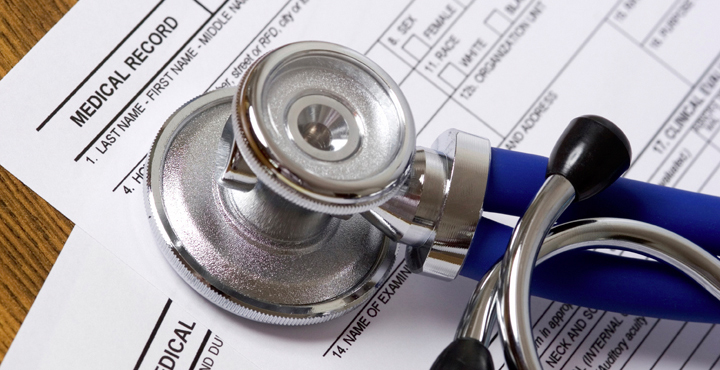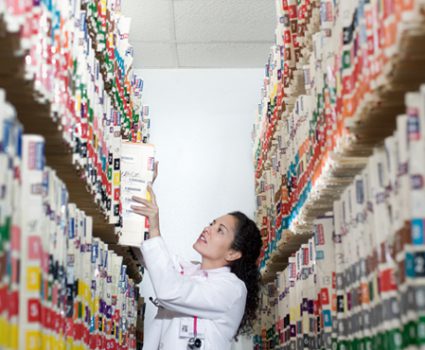
5 Steps to Protecting Medical Records
Health practitioners know that the information contained in medical records is highly sensitive and personal, and properly protecting it means complying with the various regulations that apply to patient records.
These documents also contain the information necessary to treat patients properly, so making sure they’re safe and accessible is key to the successful operation of your practice—but that can be an overwhelming proposition and, if it isn’t done right, an expensive one.
These 5 steps can help smooth the road to protecting your critical medical records.
1.0 Perform a needs assessment
A records management consultant can identify risk exposure, in terms of location and format of your medical records, and make recommendations to reduce it. Before buying specialized hardware or software, invest in a needs assessment.
2.0 Examine your storage
Paper records are fragile, so make sure to protect them by storing documents:
- away from air conditioners, heaters, water pipes, and direct natural and ultraviolet light
- at least 3 inches above the ground to prevent water damage
- in temperatures between 65 and 70 F and 55% relative humidity
3.0 Develop a retention schedule
You need to prevent wrongful or untimely destruction of vital records. A retention schedule in line with records management best practices and relevant regulations and legislation will help.
4.0 Secure paper files
Your file room should be supervised during working hours and, ideally, secured by a monitoring or card-entry system.
If your files can’t be stored in a closed file room, custom fit security shutters or rolling doors can be fitted to lateral filing systems, shelving units and open entrance ways.
5.0 Develop an emergency plan
Larger organizations should appoint a risk manager to protect the medical records storage site and develop an emergency plan that includes an annual exercise involving management and staff. Lessons learned should be used to update the plan.
Next Steps
- To find out what your filing needs are, complete our filing needs assessment.
- Considering imaging your medical records? Here’s what you need to know when deciding between outsourcing and doing the work in house.
- Explore custom and specialized storage options to secure your medical records.
- Talk to a TAB representative about how we can help protect your medical records in a number of ways, including conducting a records audit.





